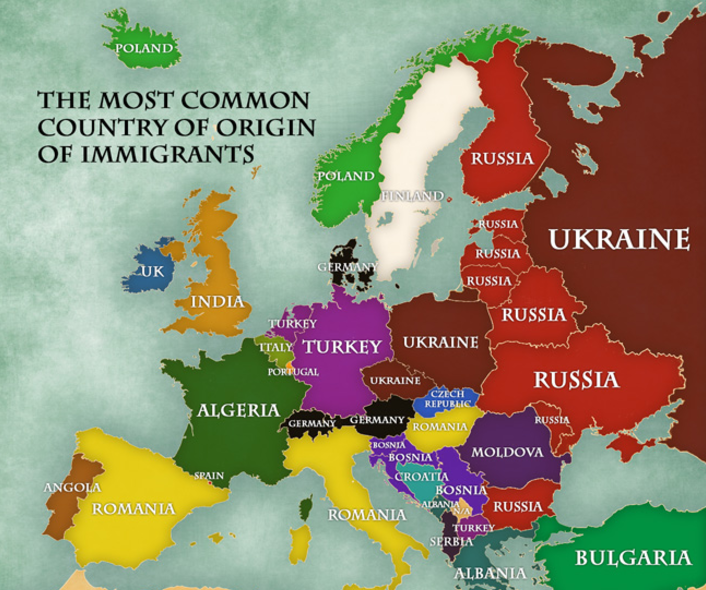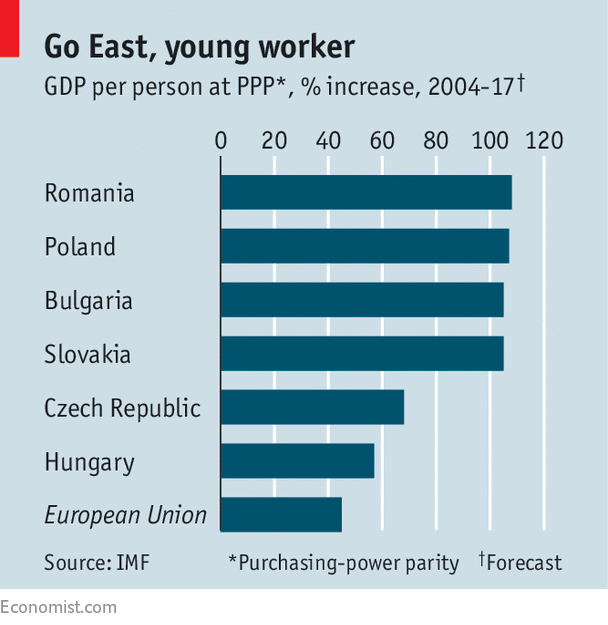Portugal still has 1,536 people to meet the quota
Portugal received 1,415 refugees from Greece and Italy until September 4 and since the launch of the emergency mechanism for the relocation of people two years ago, according to data released today by the European Commission.
According to the 15th report on resettlement and resettlement programs, Portugal received 1,116 refugees transferred from Greece and Italy 299.
Portugal still has 1,536 people to fulfill the quota of 2,951 allocated.

In total, 27,695 people were replaced in Europe (19,244 from Greece and 8,451 from Italy), in a program in which, in addition to the 28 Member States, Iceland, Liechtenstein, Norway and Switzerland.
This number represents less than a third of the 98,000 that the Member States had committed to redistribute until September, according to the same data released today by the European Commission.
“Most migrants arriving in Italy are not eligible. In fact, the number of people to be relocated is much lower than expected,” said European Commissioner for Migration Dimitris Avramopóulos, quoted by the agency as saying. EFE.
The European Commission insists that progress has been made and that, since the majority of migrants arriving in Italy and Greece “were not eligible”, the total number has been revised downwards from the initial commitment.
Currently, indicated the Commission, there are about 2,800 people waiting for relocation in Greece and another 2,000 in Italy waiting to know if they are eligible. Italy arrives new applicants “every day”, “so all parties should continue efforts”.
“The Member States should speed up the management of relocation transfers and provide sufficient guarantees to all applicants. Italy should speed up the identification and registration of eligible candidates (especially Eritreans),” Brussels states in the report.
Two years after the launch of the emergency mechanism to help Greece and Italy deal with the influx of migrants, a monthly average of 2,300 transfers made since February 2017 was reached for almost all Member States.
However, Brussels notes that 2,800 people are still being recalled from Greece and that new candidates arrive every day in Italy, calling on the Member States to speed up procedures for receiving people.
Brussels also welcomes the fact that Austria has begun to relocate people from Italy and that the first replacements from Italy to Slovakia are already being prepared.
On the other hand, the Czech Republic, Hungary and Poland continue to violate their legal obligations, not having relocated a single person (Hungary and Poland) or having made no replacement available for more than one year (Czech Republic), and the Commission opened infringement proceedings against those Member States.
With regard to the resettlement of refugees who live in camps outside the European Union, 76 of the 191 people they proposed to host have already been received by Portugal, with 63 reinstalled from Egypt, 12 from Turkey and one from Morocco.
In total, the EU and the four associated countries received 17,305 out of 22,504.




